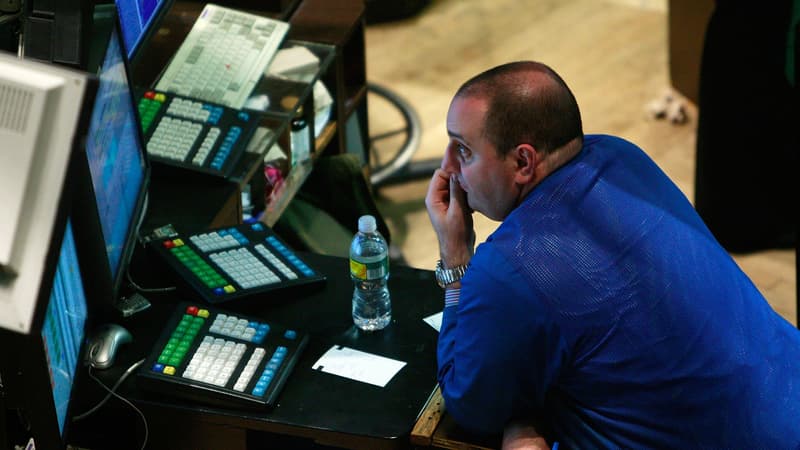Plan for the unexpected. Isn’t that the role of governments or financial institutions and banks? In this little crystal ball game, Saxo Bank publishes at the end of each year its 10 crash forecasts for the coming year, estimating the impact this could have on the markets. And in a world paralyzed by geopolitical, economic, energy and health uncertainties, it goes without saying that none of these scenarios, while unlikely, should be ruled out entirely… We have selected four of them.
A resignation from Emmanuel Macron
Without an absolute majority in the National Assembly, “the government has no choice but to approve major laws and the 2023 budget by accelerated decree, activating article 49.3 of the Constitution. However, it is not acceptable to circumvent the legislator to govern in a democracy. Emmanuel Macron understands that he will be a lame duck for the next four years and that he will not be able to approve his pension reform that he signed. Along with the example of Charles de Gaulle in 1946 and 1969, Emmanuel Macron decides to resign in 2023, against all odds.”
“The resignation of Emmanuel Macron opens the doors of the Elysée to the far-right candidate, Marine Le Pen. The fact causes a real shock in France and abroad, and sounds like a new blow focused on the European project and its shaky institutional foundations”, imagine the bank.
Inflation does not subside, price controls are generalized
“2023 is the year the market realizes inflation is not going to abate. Rate hike and Fed QT tightening deal another hit to US Treasury markets,” Saxo wrote. .
“In a war economy, the government’s hand will be extended ruthlessly as price pressures undermine stability. Political leaders are convinced that rising prices reflect market failure and that more interventionism is needed to prevent that inflation destabilizes the economy and society. The year 2023 will be marked by greater control of prices and wages. But the result will be the same as with almost all government policies: the law of undesirable consequences,” Saxo predicts.
“Controlling prices without solving the underlying problem will not only cause more inflation, but could also tear the social fabric. Indeed, the brake on production and the mismanagement of resources and investments could cause a deterioration in living conditions. Only prices set by the market can improve productivity and profitability through investment.”
The United Kingdom holds a referendum to rejoin the European Union
“In 2023, Rishi Sunak and Jeremy Hunt pull off the feat of driving the popularity ratings of Britain’s Conservatives to historic levels. Their unprecedentedly violent budget program plunges the UK into a brutal recession, with unemployment soaring.” skyrockets and, paradoxically, deficits skyrocket due to the exhaustion of tax revenues”, imagines the bank.
“In this economic chaos, polls in England and Wales show people regret voting for Brexit. Rishi Sunak eventually cracks, organizes a vote and resigns to allow a new Conservative candidate to take the lead from the bruised party. It signals popular support for a second referendum on the UK’s membership of the European Union.”
“A Labor government seizes power in the third quarter, promising a European Union membership referendum by November 1, 2023. The camp in favor of new EU membership wins.”
Country bans meat production by 2030
“To achieve the goal of carbon neutrality by 2050, one study estimates that meat consumption would need to be reduced to 24kg per person per year, compared to 70kg on average in OECD countries today. (…) In 2023, a country that wishes to take the lead in the fight against global warming commits to tax more the production and consumption of meat from 2025,” writes Saxo.
“In addition, the country in question plans to ban all animal meats by 2030, believing that it will be necessary to settle for plant meats, which produce less carbon emissions, to help save the environment and fight climate change.”
Source: BFM TV


